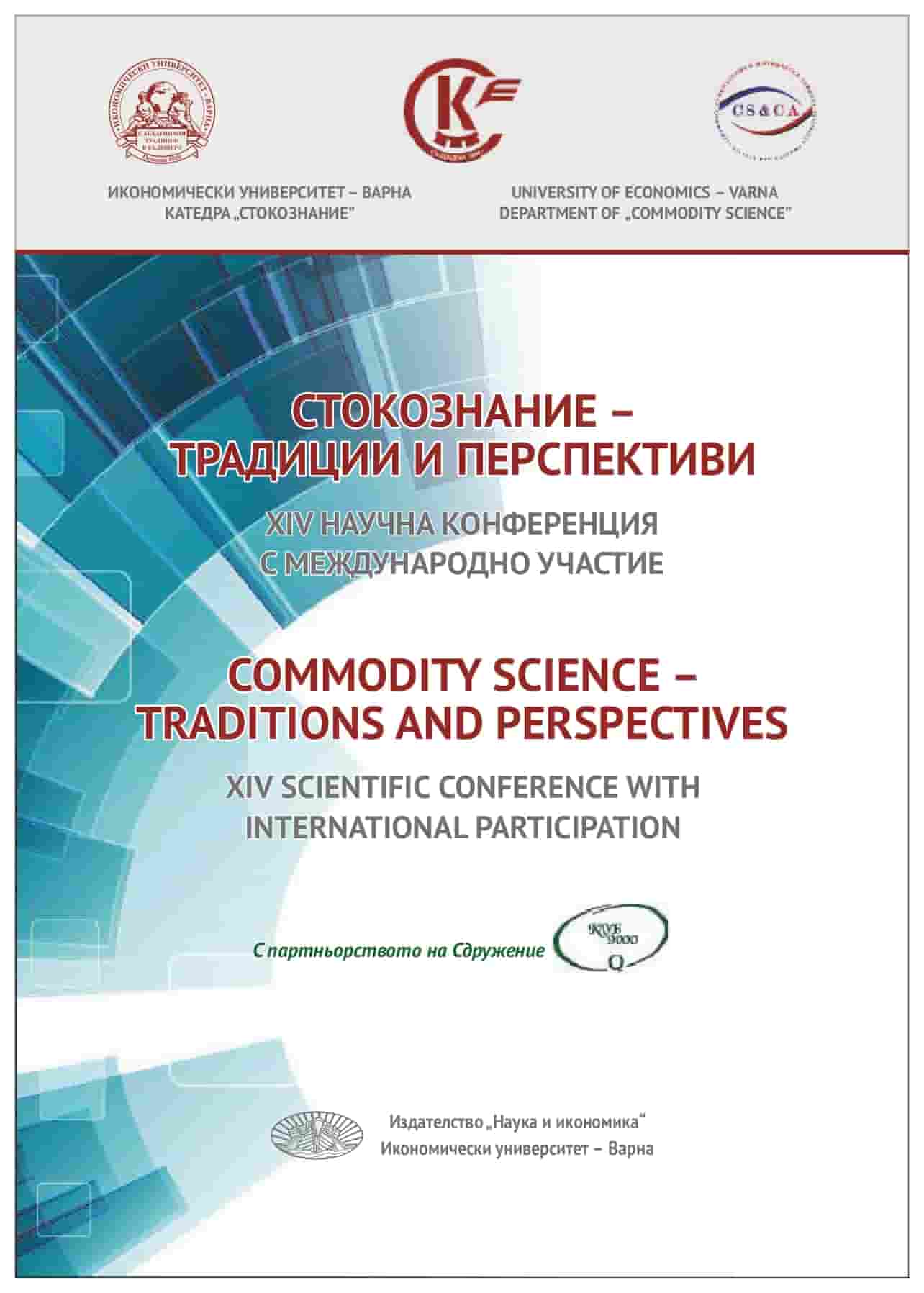МОЛЕКУЛЯРНА ГАСТРОНОМИЯ И ВЛИЯНИЕТО Ѝ ВЪРХУ КАЧЕСТВОТО НА ХРАНАТА
MOLECULAR GASTRONOMY AND ITS AFFECT OF FOOD QUALITY
Author(s): Milena Peneva
Subject(s): Economy, Business Economy / Management, Tourism
Published by: Икономически университет - Варна
Keywords: molecular gastronomy; food quality; taste; food additives; safety of consumers
Summary/Abstract: In recent years, not only in the world, but also in Bulgaria, the so-called molecular gastronomy has entered and established itself as a consumer demand. The scientific discipline—which was introduced under the name molecular and physical gastronomy and later shortened to molecular gastronomy—was established in 1988 by Hervé This, a physical chemist, and Nicholas Kurti, a former professor of physics at the University of Oxford, who were interested in the science behind the phenomena that occur during culinary processes. Although nutritional science has been around for centuries, it focuses on the chemical composition and nutritional value of ingredients, while molecular gastronomy focuses on the mechanisms of transformation that occur during the culinary processes of restaurant classical cooking. This is the point at which the physical and chemical processes of food production combine with the artistic and aesthetic skills of the culinarians. Meals prepared in this way feed not only the body, but also the eyes, causing the consumer's senses to activate to distinguish visual perceptions from what the taste buds sense. Molecular culinary studies the physical aspects of food-liquid interactions, flavor stability, heat conduction, convection and transfer, solubility issues, dispersion and the relationship between texture and flavor, etc. This science seeks to generate new knowledge based on the chemistry and physics behind culinary processes - for example, why mayonnaise thickens or why bread rises. To achieve the impressive results, molecular cuisine incorporates a variety of food additives approved for use in culinary products, such as hydrocolloids, emulsifiers, stabilizers, non-stick agents, enzymes, gases, etc. This raises the question of how well the quality of ready-to-eat food is maintained in terms of vitamin content and nutritional properties, whether it supplies the elements necessary for the healthy development of the human body or whether the technological process of processing and the addition of additives compromise molecular gastronomy. As a result of various techniques such as emulsification, spherification, solidification, gelation, modern culinarians change the physical properties of products and thus obtain radically different dishes, with a different shape and consistency from their usual, but preserving and enriching their taste qualities. Research by a number of scientists has shown that some important elements are preserved and some are damaged, affecting the quality of the food when food additives such as liquid nitrogen, xanthan gum, calcium salts are added for the purpose of molecular cuisine. Many of the emulsifiers and hydrocolloids used are of natural origin, ensuring the safety of consumers. Whatever the origin of the ingredients, the most important thing remains the dose involved, and given that food prepared in this way is not consumed on a daily basis, molecular gastronomy can be considered safe and qialitive.
- Page Range: 112-116
- Page Count: 5
- Publication Year: 2023
- Language: English
- Content File-PDF

